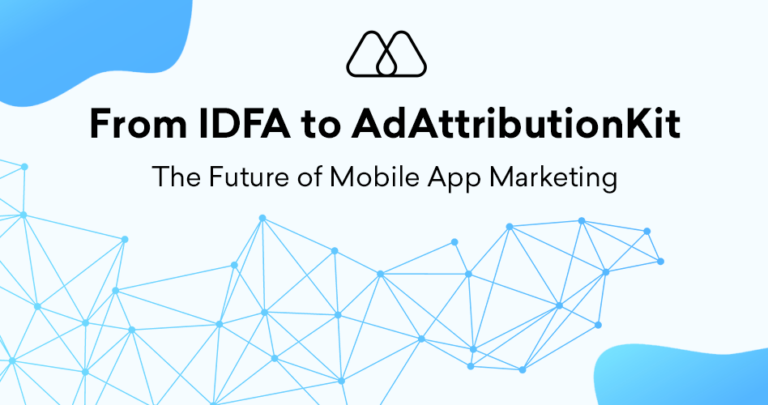In the complex digital advertising ecosystem, an ad server plays a crucial role by enabling the efficient management and execution of online ad campaigns. This article explores what an ad server is, how it functions, and why it is indispensable in modern digital marketing strategies.
What is an Ad Server?
An ad server is a technology used by advertisers, publishers, and ad networks to manage, serve, and track the performance of online advertisements. Essentially, it is a software platform that enables the automated placement of ads on websites, mobile apps, and online platforms, ensuring that the ads reach the right audience at the right time.
Core Functions of an Ad Server
The primary function of an ad server is to store information about ads and deliver them to online users when they visit a website or use an app. Here’s how it works:
- Ad Storage: Hosts the ad content in various formats, including text, images, video, and interactive media.
- Ad Serving: When a user visits a website, the ad server determines which ads to display based on predefined criteria set by advertisers. This decision-making process involves real-time bidding and targeting algorithms.
- Tracking and Reporting: Post-ad delivery, the server tracks performance metrics such as impressions, clicks, and conversions. It then reports this data back to the advertisers to help them evaluate the effectiveness of their campaigns.
Benefits of Using an Ad Server
- Targeted Advertising: Enables precise targeting based on user behavior, demographics, and other relevant data, enhancing the relevance and effectiveness of ad campaigns.
- Campaign Management: Provides tools for managing multiple campaigns across various channels from a single platform, simplifying the complexities of digital advertising.
- Real-time Optimization: Through continuous performance tracking, ad servers allow for real-time campaign adjustments to maximize ROI.
- Cost Efficiency: Significantly reduce overhead costs and increase campaign efficacy by automating the ad delivery processes and optimizing ad placement.
Choosing the Right Ad Server
Selecting the appropriate ad server depends on the specific needs and goals of your advertising strategy:
- For Advertisers: Look for ad platforms that offer robust targeting options, detailed analytics, and integration capabilities with other marketing tools.
- For Publishers: Choose ad servers that maximize fill rates and eCPMs and provide extensive control over the variety of ads displayed.
Challenges in Ad Serving
While ad servers bring numerous advantages, they also face several challenges:
- Privacy and Data Security: With increasing concerns over data privacy, ad servers must comply with regulations like GDPR and CCPA, ensuring user data is handled securely.
- Ad Blocking: The rise of ad-blocking software on desktop devices means that ad servers must continuously innovate to deliver ads effectively without intruding on user experience.
- Complexity in Integration: Integrating an ad server with existing systems and ensuring compatibility across various platforms can be technically challenging.
The Future of Ad Serving
The future will likely be shaped by advancements in artificial intelligence and machine learning, enabling even more sophisticated targeting and personalization of ads. Additionally, the growth of privacy-focused advertising will necessitate new strategies that respect user consent while maintaining campaign effectiveness.
Ad servers are a cornerstone of digital advertising, offering dynamic solutions to efficiently manage and optimize online advertising efforts.
Key Takeaways
- Essential for Modern Advertising: Streamline the management and execution of digital ad campaigns, making them necessary for modern advertising strategies.
- Enables Sophisticated Targeting: This allows for sophisticated targeting options that enhance the relevance and effectiveness of campaigns.
- Real-time Optimization Capabilities: Provide real-time data that can be used to optimize campaigns on the fly, improving overall campaign performance.
- Subject to Technical and Regulatory Challenges: While beneficial, ad servers must navigate technical integrations and comply with strict privacy regulations.
- Evolving with Technology: The future of ad serving will increasingly rely on AI and machine learning to refine targeting and improve the user experience without compromising privacy.




